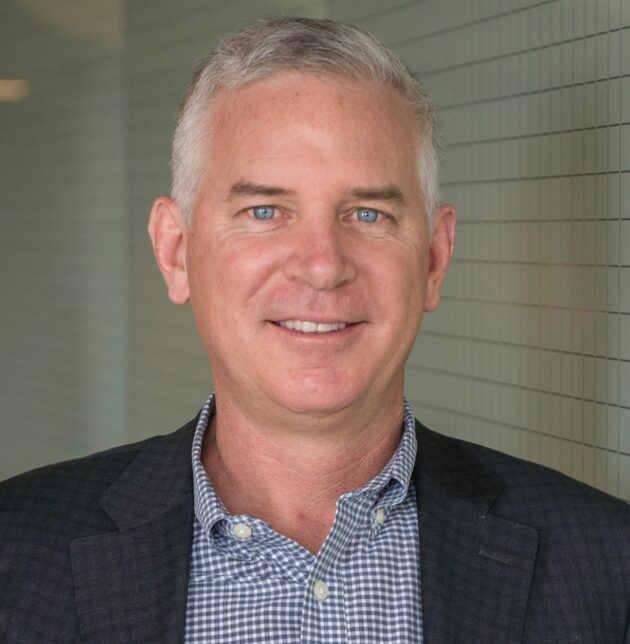Samsung Electronics is acquiring Seattle-based digital health startup Xealth, aiming to expand its footprint in healthcare.
Founded in 2017 as a spinout of the Providence health system, Xealth helps healthcare providers prescribe and manage digital health tools. Its system is currently used by more than 500 hospitals across the U.S., including Advocate Health and Banner Health, and integrates with more than 70 digital health solution partners.
Samsung said the deal will strengthen efforts to build a platform that unifies consumer health data from wearable devices with clinical records and hospital workflows — helping patients and providers access more personalized and preventative care.
Samsung previously invested in Xealth.
“Together with Samsung and our network of healthcare leaders, we will design a bridge between home health monitoring and clinical decision-making, with provider workflow considerations and patient engagement at the core of that effort,” Xealth CEO Mike McSherry said in a statement.

Terms of the deal were not disclosed. The acquisition is expected to close later this year, pending regulatory approval.
Xealth integrates its services with electronic health care records so patients can share information directly with providers. Providers gain insight into the performance of the tools.
The company had backing from major health investors including Providence Ventures, McKesson Ventures, Novartis, Cerner, and the MemorialCare Innovation Fund. It raised new funding from Morningside Ventures in March and raised a $24 million Series B round in 2021.
Xealth is ranked No. 155 on the GeekWire 200, our list of top privately held tech startups across the Pacific Northwest.
The company garnered attention early in its journey after it spun out of Providence, a multi-state healthcare network based in Renton, Wash, that is one of the largest nonprofit healthcare providers in the country.
McSherry previously led Swype, which sold to Nuance for $100 million in 2011. He co-founded Xealth with Aaron Sheedy, his former colleague at Swype. The company has 63 employees, according to LinkedIn.
The acquisition signals Samsung’s deeper push into digital health as it competes with other tech giants including Apple, Amazon, and Google. Samsung has been investing heavily in wearable technologies and sensors, aiming to provide consumers with a continuous picture of their health while also integrating that data into the broader healthcare system.
Samsung this week projected lower-than-expected Q2 results amid struggles with its chip business.
Read the full article here










